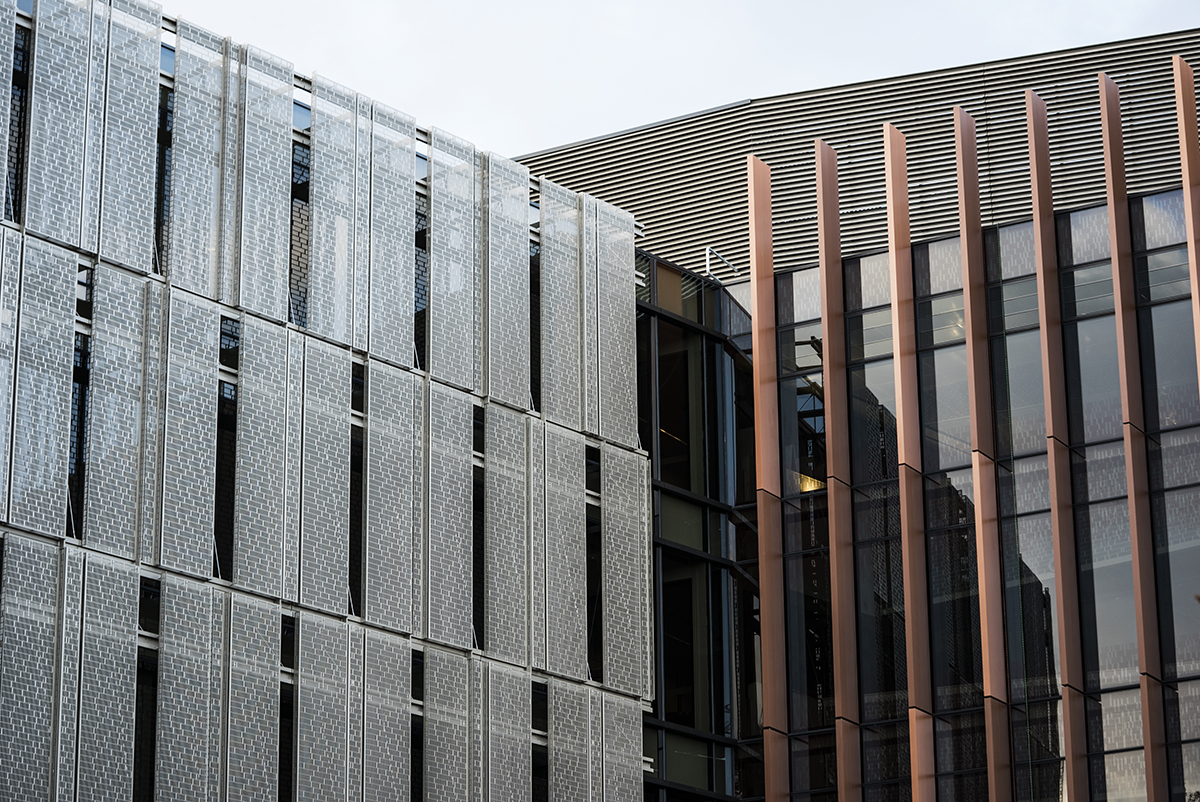MSRVP visitors for 2019 announced

The Mathematical Sciences Institute is pleased to announce the final list of MSRVP visitors for 2019.
This program provides visiting academics with the opportunity to take part on our regular colloquium seminars, to present their research and receive feedback from colleagues in their field. Funding for travel and accommodation will be provided depending on their length of stay.
MSRVP 2019
Prof Christopher Voll, University of Bielefeld– proposed by Uri Onn
Professor Voll is a leading expert in asymptotic group theory, in particular in zeta functions associated to groups and rings.
Dr Clare Dunning, University of Kent – proposed by Murray Batchelor
Dr Dunning is a Reader in Applied Mathematics at The University of Kent, working in the areas of classical and quantum integrable systems, spectral theory of ordinary differential equations in the complex domain, and applications of exact methods in condensed matter physics.
Dr Daniel Tubbenhauer, University of Zurich – proposed by Paul Wedrich
Dr Tubbenhauer is a lecturer at Universtitat Zurich working on categorification in algebra, representation theory, and topology.
Mr Franco Alladio, Frascati Research Centre – proposed by Lilia Ferrario and Matthew Hole
Prof Alladio is Director of Research, responsible for the PROTO-SPHERA experiment at the ENEA Frascati Research Centre.
Honorary Professor Frank Jenko, Technical University of Munich – proposed by Matthew Hole
Prof Jenko is an expert in theoretical and computational plasma physics, with an emphasis on high performance computing.
John D. Jakeman, Computer Science Research Institute – proposed by Stephen Roberts (SY 2019)
Dr Jakeman is a leading expert in the area of Uncertainty Quantification and generally High Dimensional Approximaton. He is presently a Senior Member of Technical Staff at Sandia National Labs.
Professor Peter Song, University of Michigan – proposed by Francis Hui
Prof Song's methodological areas of interest include longitudinal data analysis, estimating functions, spatial-temporal modeling, statistical computing, as well as big data analysis and machine learning approaches to data harmonization and integration.
Professor Svitlana Mayboroda, University of Minnesota – proposed by Pierre Portal
Svitlana Mayboroda is the Northrop Professor at the University of Minnesota. She has made many groundbreaking contributions to harmonic analysis and PDE, published in journals such as Inventiones Mathematicae and Journal of the AMS.
Professor Sylvie Paycha, University of Potsdam – proposed by Pierre Portal
Sylvie Paycha is a professor at the University of Postdam. She works in mathematical physics, and specialises in operator theoretic and geometric analytic methods.
Professor Ulrich Rude, University of Potsdam – proposed by Linda Stalls (SY 2019)
Prof Rude is a leading expert in the area of scientic computing. His main area of focus is the numerical solution of PDEs. He has developed tailored simulation algorithms for use on state of the art supercomputers.
Associate Professor Vidit Nanda, University of Oxford – proposed by Katharine Turner (SY 2019)
Prof Nanda is an algebraic topologist who specializes in using discrete avatars of gradient flow to simplify the matrix algebra which underlies large homological computations. The resulting software, Perseus, has been used by several research groups in diverse contexts --- these include breast cancer tumour analysis, the evolution of forces in granular media under shear stress, and prediction of protein compressibility from crystallography data.
Professor Yu Yuan, University of Washington – proposed by Xu-Jia Wang
Prof Yuan is a specialist and leading expert in fully nonlinear partial differential equations. In particular he conducted deep research on the special Lagrange equation, which is one of the most important fully nonlinear equations arising in geometry and mathematical physics.
Next round of submissions will be open in September 2019.
